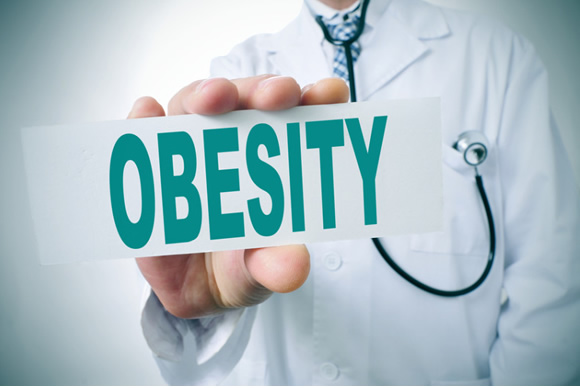
According to her, lack of sleep causes unhealthy eating habits, which in turn leads to sleep deprivation.
She said that overeating occurs when an individual consumes more food than the body can utilise as energy or expend through physical activities or excretion.
Mgbekem, who is also a nurse nutritionist, said overeating was dangerous to health and could predispose an individual to both short-term and long-term health risks.
The Centres for Disease Control and Prevention says people who are overweight or obese, compared to those with healthy weight, stand increased risk for several serious diseases and health conditions such as stroke, cancer, diabetes and heart disease.
Speaking further on the dangers of not having sufficient sleep during an exclusive interview with PUNCH Healthwise, Mgbekem noted that besides sleep deprivation and lack of rest, fatigue, alcohol consumption, watching of television, stress, peer group pressure, festive periods and processed foods could make people indulge in the unhealthy eating habit.
She said, “Alcohol consumption (1-2 servings) and watching of television between 25 to 45 minutes, according to Holwegner (2014), often result in increased ghrelin, an appetite-stimulating hormone.
“This in turn leads to impaired inhibition causing the reward centre of the brain to be activated, causing the individual to want more food.
“Sleep deprivation of less than 5.5 hours negatively affects blood sugar clearance and insulin sensitivity. It can as well reduce leptin, a hormone that suppresses appetite.
Continuing, she said, “Stress eating; research has shown that long-term stress floods the body with cortisol, a hormone that plays a part in the fight or flight system, thus causing the body to want to refuel itself after a stressful encounter.
“Fatigue leads to overeating. When one does not get enough rest, levels of ghrelin – a hormone that makes one want to eat, will go up while levels of leptin, a hormone that decreases hunger pangs and the desire to eat, will go down.”
The National Sleep Foundation, an American non-profit, charitable organisation, also acknowledged the link between sleep and overeating, noting that sleep deprivation can affect appetite and food choices, thereby increasing the likelihood of both overeating and consumption of unhealthy foods.
“Overeating can affect sleep as well. Eating too much, especially when it involves heavy or spicy foods, can worsen sleep by interfering with digestion and raising the risk of heartburn”, the foundation added.
Meanwhile, Mgbekem said anxiety had also been linked with eating disorders like binge eating, which is often used to manage worries or stress.
She said, “Social events especially among peers have pushed people to feel obliged to go along with their peer groups and so, they eat more food than is required.
“Processed foods and beverages are among the major sources of added sugar and often, high fructose corn syrup found in the diet or drink. Added sugar contains no essential nutrients, but is high in calories. Regular consumption of added sugar can lead to compulsive overeating.”
Mgbekem identified symptoms of overeating to include an expanded stomach beyond normal size, discomfort, feeling tired, sluggish or drowsy, heartburn and bloating.
The nutritionist urged people to avoid a diet that could make them demand more than is required.
“Avoid skipping meals, practice mindfulness, stay hydrated, try yoga, eat more fibre, lean out of the kitchen, eat breakfast every day, get enough sleep, increase protein intake and plan your meals,” she advised.
Research also supports a link between sleep loss, overeating and obesity.
In a 2014 study published in the National Center for Biotechnology Information, titled, “The impact of sleep deprivation on food desire in the human brain”, the researchers noted that people were more likely to crave sugary, salty and carbohydrate-heavy foods when they are sleep-deprived.
It stated, “Mounting epidemiological data implicates sleep loss as a risk factor for obesity in both children and adults worldwide.
“Moreover, sleep deprivation alters appetite-regulating hormones and increases caloric intake.
“Given the continued decline in sleep duration in industrialised nations, mirrored by the steep rise in obesity in these same populations, understanding the association between sleep loss and weight gain has become of paramount concern for global public health.”
The National Center for Biotechnology Information is part of the United States National Library of Medicine, a branch of the National Institutes of Health.




